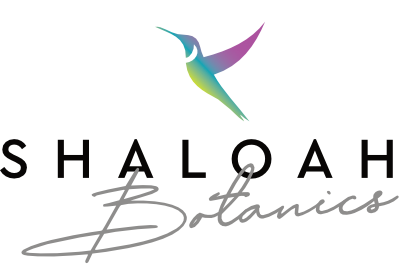Recognizing the Dynamics of Collaborative Discovering
In today’s significantly interconnected world, the capability to work collaboratively is a vital ability. As conventional instructional standards evolve to fulfill the demands of the 21st century, collaborative learning emerges as an essential principle. This article explores the intricacies of collaborative learning, exploring its advantages, techniques, and challenges, while supplying understandings right into just how […]
In today’s significantly interconnected world, the capability to work collaboratively is a vital ability. As conventional instructional standards evolve to fulfill the demands of the 21st century, collaborative learning emerges as an essential principle. This article explores the intricacies of collaborative learning, exploring its advantages, techniques, and challenges, while supplying understandings right into just how it forms contemporary education and learning.
Joint discovering surpasses just interacting.

It symbolizes an academic strategy where people participate in a collective initiative to get expertise, solve troubles, and attain a typical goal. This method highlights the worth of variety in idea and cultivates much deeper understanding via interaction and shared experience.
The Benefits of Collaborative Discovering
Collective understanding provides a myriad of benefits, making it a preferred approach in educational setups across the globe. Among the primary benefits is the improvement of crucial believing abilities. As students involve with peers, they are revealed to various perspectives, encouraging them to examine and evaluate details extra seriously.
An additional considerable advantage is the improvement in interaction abilities. Joint understanding environments demand active listening, verbalize expression of concepts, and considerate discussion. These skills are indispensable, not just academically, however in specialist and social contexts also.
Cognitive advancement is also especially reinforced with collaborative initiatives. Working together requires learners to express their thinking, difficulty assumptions, and integrate different viewpoints, causing much deeper cognitive processing and retention.
- Improved vital thinking
- Boosted communication skills
- Increased cognitive advancement
- Higher retention rates
- Fostering of social and leadership abilities
The cumulative impact of these benefits is an extra all natural educational experience. Learners not only acquire expertise yet also develop crucial life skills that prepare them for future collective endeavors in any type of field.
Approaches for Reliable Collaborative Discovering
Applying joint understanding effectively requires thoughtful technique and planning.

Educators has to create a setting for cooperation, where learners really feel secure and inspired to take part freely. Here are some approaches that can assist in effective collaborative knowing experiences.
First of all, establishing clear goals and expectations is vital. When students understand the goals and their roles within the group, they are more probable to involve meaningfully. Educators must connect these purposes explicitly and ensure they are straightened with the educational program.
Secondly, using varied team frameworks can enrich the learning experience. By differing group structure, whether by ability level, interest, or history, instructors can promote dynamic communications and an extra extensive understanding of the material.
Obstacles in Collaborative Knowing
While collective understanding offers various advantages, it is not without its difficulties. One typical issue is the difference in team participant engagement. Some people might dominate conversations, while others may be much less inclined to add, bring about a discrepancy in the learning experience.
- Diverse levels of engagement
- Potential for problem
- Time administration problems
- Diverse degrees of commitment
Furthermore, disputes can emerge because of varying opinions, working designs, or misunderstandings. Educators has to be geared up to handle these problems properly, fostering a setting where considerate discussion dominates.
The Role of Modern Technology in Collaborative Knowing
In the digital age, modern technology plays a critical role in facilitating collective discovering. On-line platforms break geographical obstacles, enabling individuals from diverse places to work together in real time. These devices use a plethora of functions that improve joint efforts, from shared files and conversation forums to virtual conference areas.

Modern technology not just widens the scope of who can join joint understanding yet also enhances the high quality of communication. Learners can access a larger range of resources, involve with interactive content, and apply their expertise in innovative methods.
Future of Collaborative Understanding
Looking in advance, the future of collective understanding appears encouraging. As educational institutions remain to accept technology and introduce pedagogical methods, cooperation will likely end up education platform being a keystone of learning experiences in any way levels of education and learning.
Inevitably, the significance of joint learning hinges on its capacity to encourage individuals through shared initiative and mutual understanding. As we move on, growing these experiences will be crucial in preparing learners not simply to be successful academically, however to grow in a complicated, interconnected world.







 EN
EN

